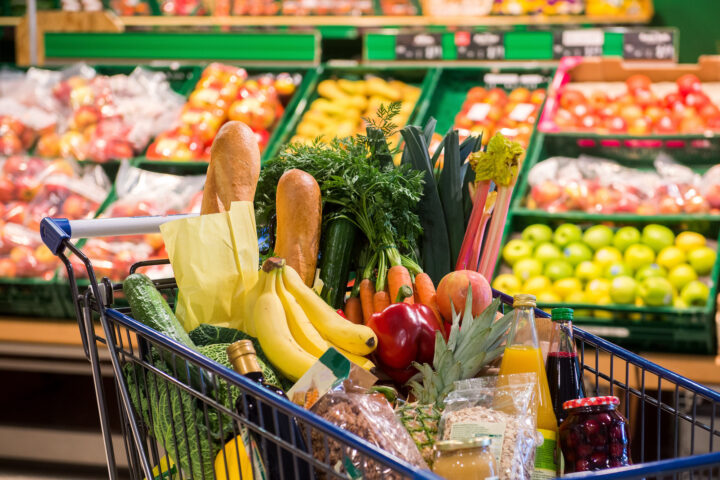
«You cannot vote on science»
Resistance to new technologies is currently booming. In the case of green genetic engineering, politicians are also finding it difficult to deal with new technologies in a forward-looking way. But where does this fear of new things come from? Ludger Wess, science journalist and molecular biologist, talks about this in the Swiss-Food Podcast.
Monday, March 1, 2021
Content in German
Der Bundesrat will das Gentech-Moratorium in der Schweiz um weitere vier Jahre verlängern. Er begründet dies damit, dass eine umfassende Regelung gerade im Hinblick auf die neuen Technologien verfrüht sei.
Die Zurückhaltung wird dem gegenwärtigen Wissensstand jedoch nicht gerecht. Nach mehr als 20 Jahren Sicherheitsforschung gibt es keine Belege dafür, dass die grüne Gentechnik für Menschen gefährlich ist. «Wir können nicht über Wissenschaft abstimmen», meint Ludger Wess. «Die Wissenschaft stellt Sachverhalte fest, die wir akzeptieren müssen, auch wenn sie nicht in unser politisches Weltbild passen.»
Menschen, so Wess, haben häufig Angst vor dem Unbekannten. Doch nicht immer ist diese Angst auch begründet. Sehr häufig wird viel zu viel ins Unbekannte hineininterpretiert und Unsicherheiten in der Bevölkerung bewirtschaftet. Gerad in Bezug auf neue Technologien ist dies häufig der Fall. Der Satz: «Niemand kann ausschliessen, dass…» steht häufig am Anfang der Skepsis. Wissenschaft kann jedoch grundsätzlich nichts ausschliessen. In vielen Fällen wäre es ratsamer, sich zu fragen: «Ist es vernünftig anzunehmen, dass…?» Der Wissenschaftsjournalist fordert deshalb mehr Aufklärung. Hören Sie mehr dazu im Podcast.
Ludger Wess ist Wissenschaftsjournalist und studierter Molekularbiologe. Vor seiner Tätigkeit als Journalist forschte er einige Jahre an der Universität Bremen. Wess beschäftigt sich hauptsächlich mit den Themen Gen- und Biotechnologie und setzt sich dabei auch immer wieder mit den Kritikern derselben auseinander. Er ist Autor diverser Sachbücher und schreibt nebenbei auch Thriller mit Bezug zur Gentechnik.
Der Podcast von swiss-food
Der Podcast ist zu hören auf Spotify, Amazon Music oder Google Podcasts. Falls Sie eine andere Podcast-App nutzen, suchen Sie einfach nach «swiss-food» oder nutzen Sie den RSS-Feed (Browser-Link kopieren).
Related articles

«People don't know what chemistry is»
People often discuss pesticides and biocides. «Pesticides are chemistry and chemistry is poison», is often said. According to Dominique Werner of scienceindustries, the negative attitude often has to do with ignorance.
Content in German

«Synthetic equals toxic? Wrong!»
When shopping for food on a daily basis, we often rely on our gut feeling. This can be very useful and save us a lot of thinking. But when it comes to assessing risks, our gut feeling can also be deceptive. Angela Bearth, a behavioural psychologist at ETH Zurich, explains why this is the case in the swiss-food podcast.

«Food is safer than ever»
The eating habits of the population have changed greatly in recent years. There is a trend towards healthy and sustainable nutrition. But at the same time, many consumers are also unsettled.
Content in German

Pesticides in Green Smoothies
After countless recipes for Christmas cookies, festive roasts and cocktails, the advice on losing weight, detoxing and beautifying oneself now takes centre stage. Most of it is sheer nonsense.

